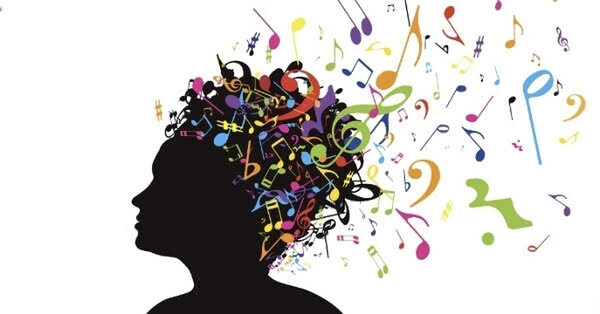Written by Yelshea de Jong -
What would be on the playlist for the soundtrack of your life? We each have one; with specific music enduring the test of time to continue rotating upon the turntable of our lives. Each soundtrack remaining as unique to us and our memories, as our DNA itself.
Can you remember the very first song or piece of music that grabbed your attention? For me it was the theme tune to the 1970s hit show Happy Days. I clearly remember pestering my father to buy it for me and feeling completely overjoyed when I finally received my very first record player and a copy of the hit single. I had just turned six years old and it was one of the greatest birthdays I have ever had!
I have very fond memories of dancing in my bedroom to the Happy Days song. The very title of it made me smile. I recall playing it repeatedly until the single became so warped and scratched, it could be played no more. If I heard the opening bar of that song right now, I would be instantly transported back to that moment in time, as if a portal from the past had opened up and swallowed me whole. I guarantee I would be smiling too!
From birth until death, music has always been deeply embedded throughout the neural networks of our brains. Scientists are now looking much more closely at the effect music is having upon memory retrieval and health in general. On the Psychology Today website, and in an article entitled Why do the Songs from your Past Evoke Such Vivid Memories, Christoper Bergland wrote:
The Neuroscience of Vivid Musical Memories
A series of recent studies have found that listening to music engages broad neural networks in the brain, including brain regions responsible for motor actions, emotions, and creativity.
In the first study of its kind, Amee Baird and Séverine Samson, from University of Newcastle in Australia, used popular music to help severely brain-injured patients recall personal memories. Their pioneering research was published on December 10, 2013 in the journal Neuropsychological Rehabilitation.
Although their study only involved a small number of participants, it is the first to examine ‘music-evoked autobiographical memories’ (MEAMs) in patients with acquired brain injuries (ABIs), rather than those who are healthy or suffer from Alzheimer’s disease.
Interestingly, the highest number of MEAMs in the whole group was recorded by one of the ABI patients. In all those studied, the majority of MEAMs were of a person, people or a life period, and were typically positive. Songs that evoked a memory were noted as being more familiar and more well liked than songs that did not trigger a MEAM. This is common sense.
As a potential tool for helping patients regain their memories, Amee Baird and Séverine Samson conclude that: “Music was more efficient at evoking autobiographical memories than verbal prompts of the Autobiographical Memory Interview (AMI) across each life period, with a higher percentage of MEAMs for each life period compared with AMI scores. Music is an effective stimulus for eliciting autobiographical memories and may be beneficial in the rehabilitation of autobiographical amnesia, but only in patients without a fundamental deficit in autobiographical recall memory and intact pitch perception.”
Other studies carried out by psychologists have focussed on the effect music has on our hormones. It is believed that music evolved from a tonal system, which was an early form of emotional communication, with higher pitched loud and fast vocalisations used to alert us, and deeper slower pitched vocalisations having the ability to sooth and calm us.
A re-creation of a German study first published in 2014 (please see link below: ABC Science’s video entitled Power of Music on the Brain – Dementia &Parkinson’s for more information), looked at the effect singing together or enjoying music together had on levels of the hormone Oxytocin, otherwise known as the ‘bonding hormone’.
The study showed that the levels of Oxytocin almost doubled compared to levels of the same hormone when just interacting with friends. These results were in line with the original findings and are a clear indicator of the importance of music on our emotional well-being.
Music can be an invaluable tool when it comes to eliciting some of those harder to reach memories. In our line of work as Personal Historians, utilising the power of music to build an accurate and perhaps more detailed picture of a client’s life should be considered. With its myriad of therapeutic and health benefits, what’s not to love about music! As the great William Shakespeare once wrote - If music be the food of love, play on.
Link to ABC Science’s video entitled
Power of Music on The Brain | Dementia & Parkinson's
https://www.youtube.com/watch?v=rnUSNbqtVJI

